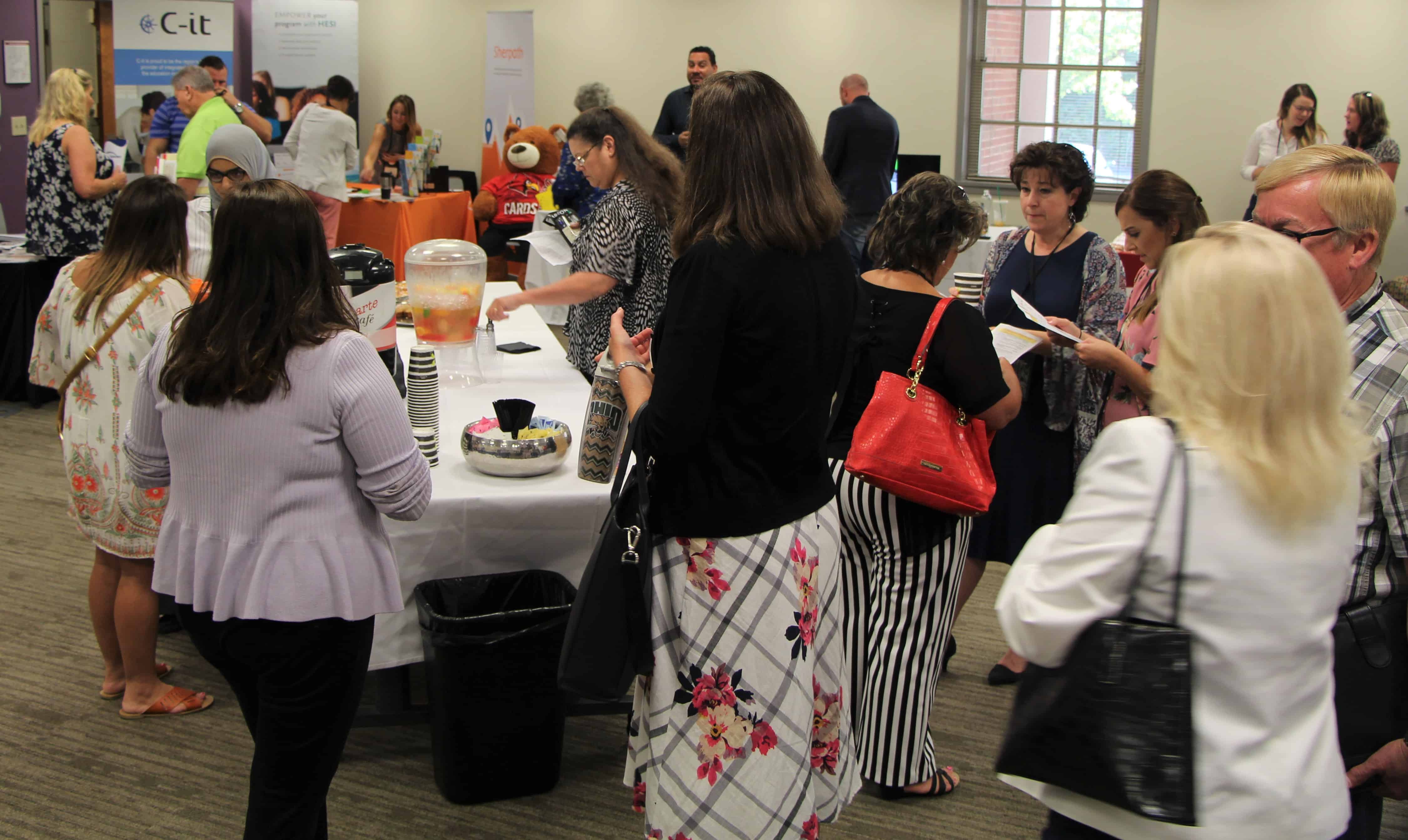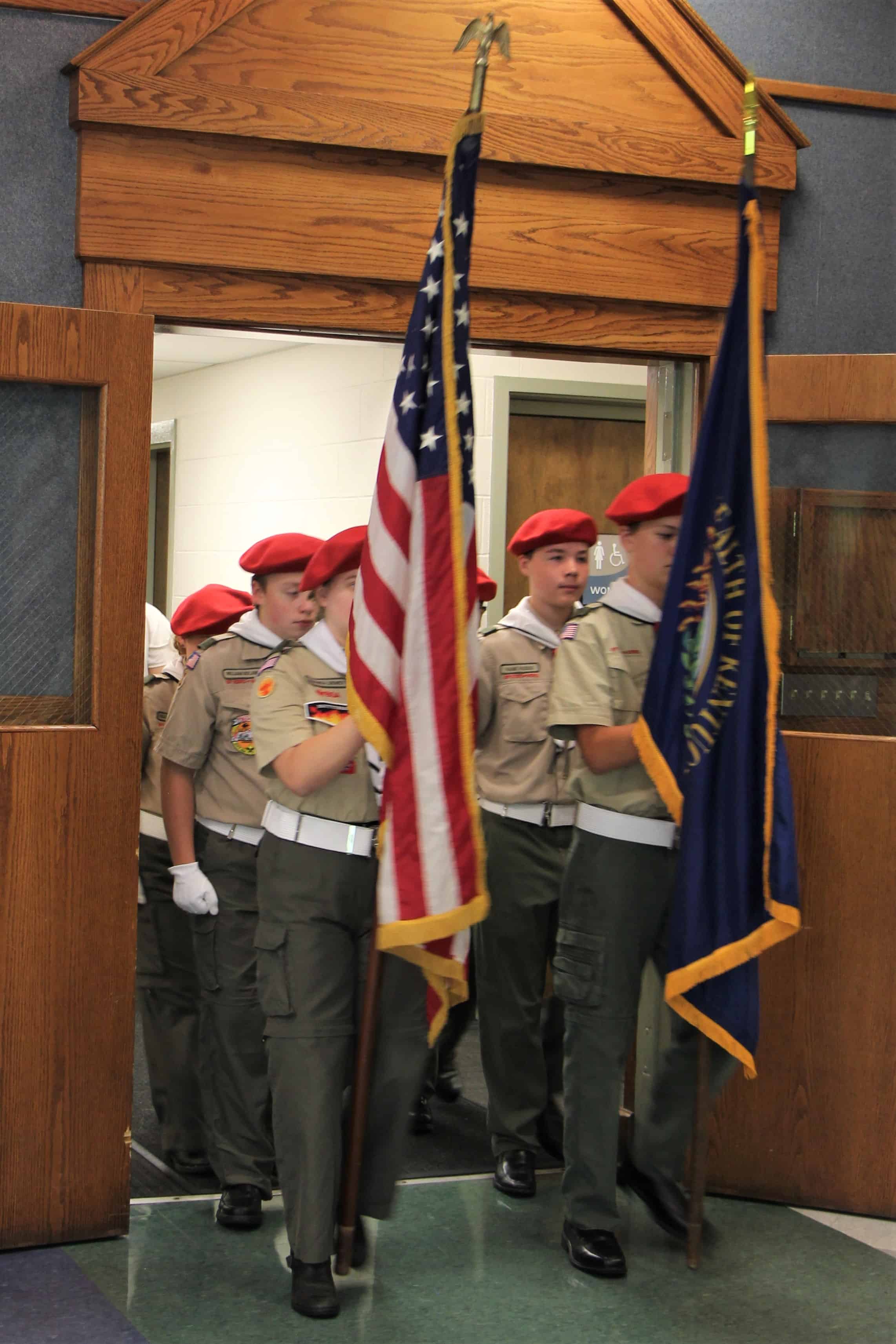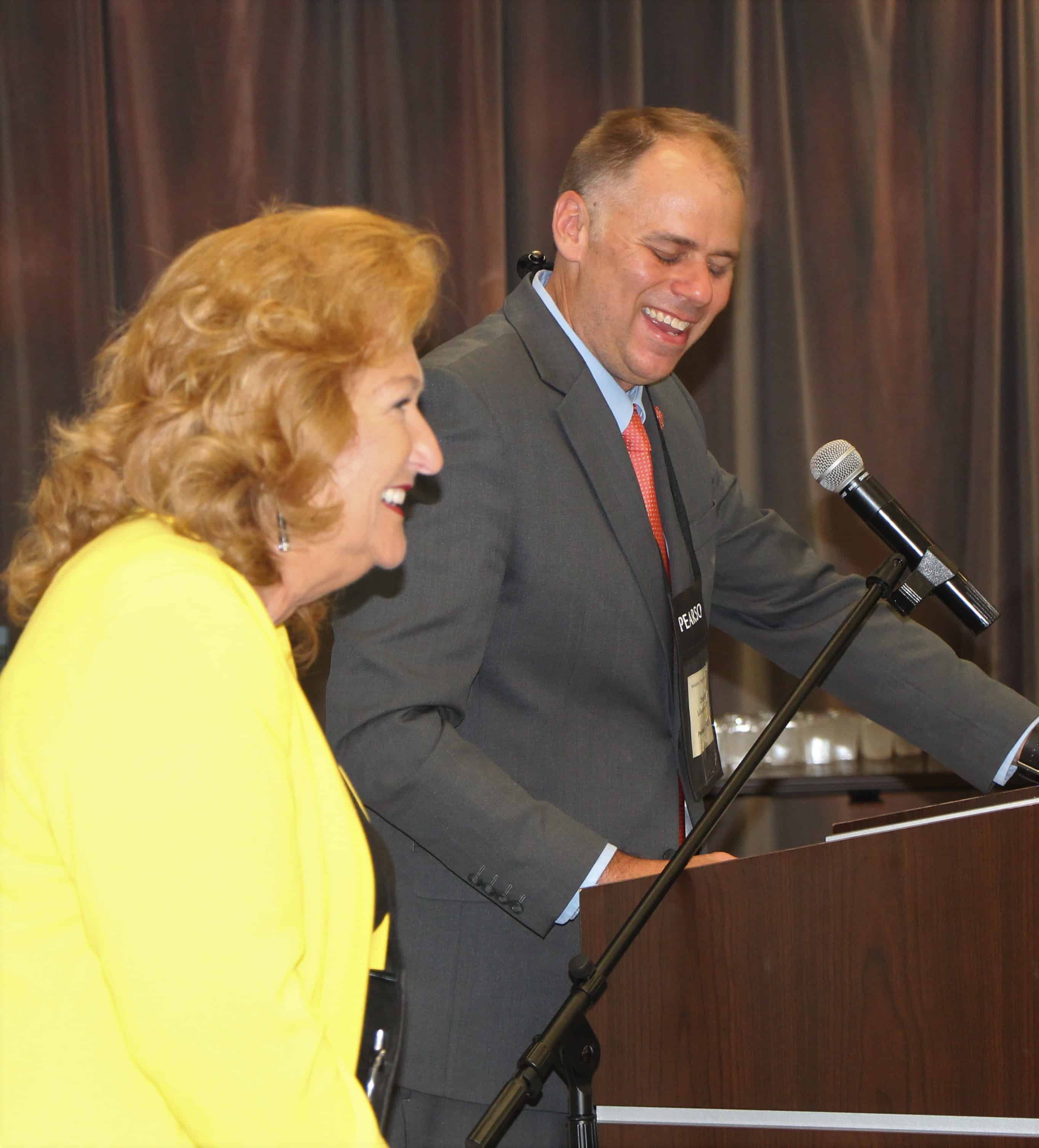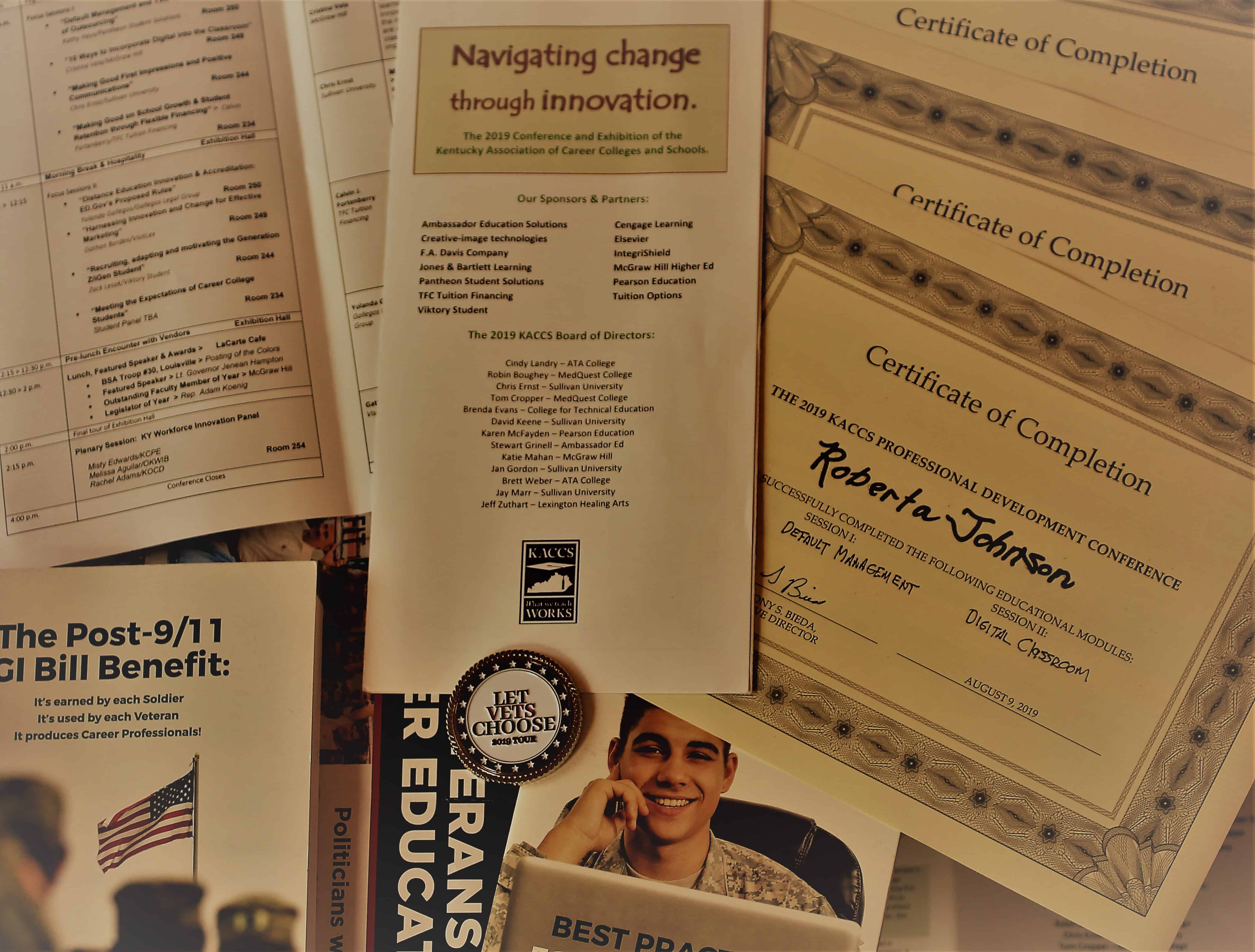By Cindy Landry, President
Persistent and detrimental gaps between the skills profile of available workers and the skills profile sought by employers continue to suppress the economic vitality of communities in every sector across the U.S., including manufacturing. (“Skills Gap and Future of Work,” 2018 Study by Deloitte & The Manufacturing Institute). The problem is vexing: in spite of its high profile, the sectors and institutions – public and private – with the resources and expertise to close the gap have fallen short of making substantial impact. “Gap closing” requires diligence, collaboration, coordination and sophistication. And it requires all relevant actors, working in synch, to lower the barriers to comprehensive and effective skills development. The skills gap will remain significant until and unless all post-secondary sectors are contributing capacity to its mitigation through the delivery of work-ready education.
Among the demographic sub-sets most beset
by the skills gap are veterans and military personnel pursuing economic
opportunity in the civilian sector. Technical and teamwork aptitudes that are
honed in the armed services must be harnessed to enhanced communications, human
relations, critical thinking and marketplace awareness skills required by
civilian employers. Career colleges and schools offer programs in professional,
occupational and technical fields that bring together military readiness and contemporary
work-ready education. Proprietary
education is focused on flexible time, place and mode of instruction delivery
to accommodate working adults. Further, the sector’s colleges and schools
enlist faculty and support staff with direct, current knowledge of the contemporary
workplace. The institutions thrive when students engage and complete career
education in a timely, successful manner.
How well do proprietary colleges and schools
serve veterans? Gallup Research recently conducted a national Student
Satisfaction survey of private career colleges and schools and found that 76%
of veterans said their degree/certificate was directly related to their work; 71%
said they were satisfied with their education; 63% said they would recommend
their institution to a fellow Veteran, friend or family member; Veterans
experienced a 39% increase in their annual income compared to their income
before attending our schools.
Furthermore, a joint study by Student Veterans of America revealed that
student veterans at private career colleges and schools are succeeding at
levels comparable to, if not greater than, their peers elsewhere. Other recent
and recurring research underscores the value of career and skills-formation
education in terms of enhanced earnings and sustainable full-time employment,
compared to individuals who opt out of attaining non-degree credentials.
(“Non-Degree Credentials Boost Employment and Life Outcomes,” Rhea
Kelly, May 2019, Campus Technology.)
Unfortunately, proposals to marginalize or eliminate veteran participation in proprietary education are part of legislation that is under consideration by the U.S. House of Representatives. Provisions in Higher Education Reauthorization would modify the 90/10 ratio (federal funds/non-federal funds) and apply Veteran’s education benefits as well as tuition assistance for active military to the “federal funds” side of the ratio. Those restrictions constitute substantial disincentives for current and former military to enroll at proprietary colleges or schools, regardless of the institution’s programs, their fit with the needs of the student, or the institution’s effectiveness. The broad-brush proposal will greatly impede the ability of an important work-ready resource to be applied toward shrinking the skills gap.
In the Commonwealth of Kentucky, the risk of these potential changes in
federal education policy threaten choice and access by thousands of students,
and imperil the financial viability of dozens of small, privately-owned and
operated career colleges that have been faithfully and effectively serving more
than 30 Kentucky communities for more than a century.
The demographics of students enrolled at
career colleges in Kentucky spans the full spectrum of diversity, with strong
participation by women, minorities, veterans and individuals from low-income
and disadvantaged backgrounds. They have access to programs that align and
respond to workforce gaps.
The geographic reach of KACCS member
institutions, coupled with their relevant programming, outstanding student
services and adult-learner-friendly operation makes them valuable resources to
the commonwealth’s initiatives to close skills gaps. The performance, longevity
and persistent engagement with the workforce development community magnifies
their impact and effectiveness.
Federal and state policies that
acknowledge the valuable resource of the career college sector and promote its
full participation are meritorious and worthy of celebration. Efforts to
marginalize the Kentucky proprietary education through constrictions to federal
policy undermine best efforts to develop a work-ready labor pool, and unfairly diminish
education options for men and women in uniform and their discharged cohorts.
Congress is well advised to delete these provisions from HEA legislation that moves to the floor of either chamber. Closing the skills gap through abundance in work-ready education depends on it.










